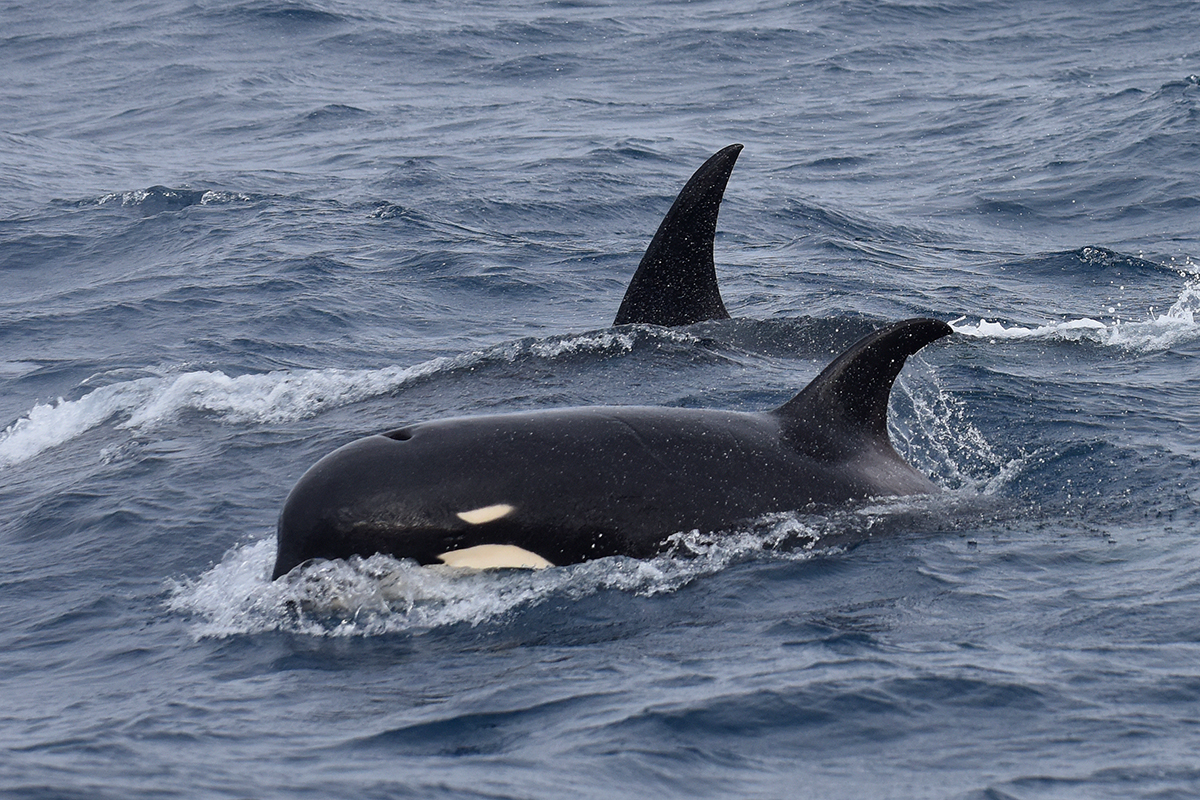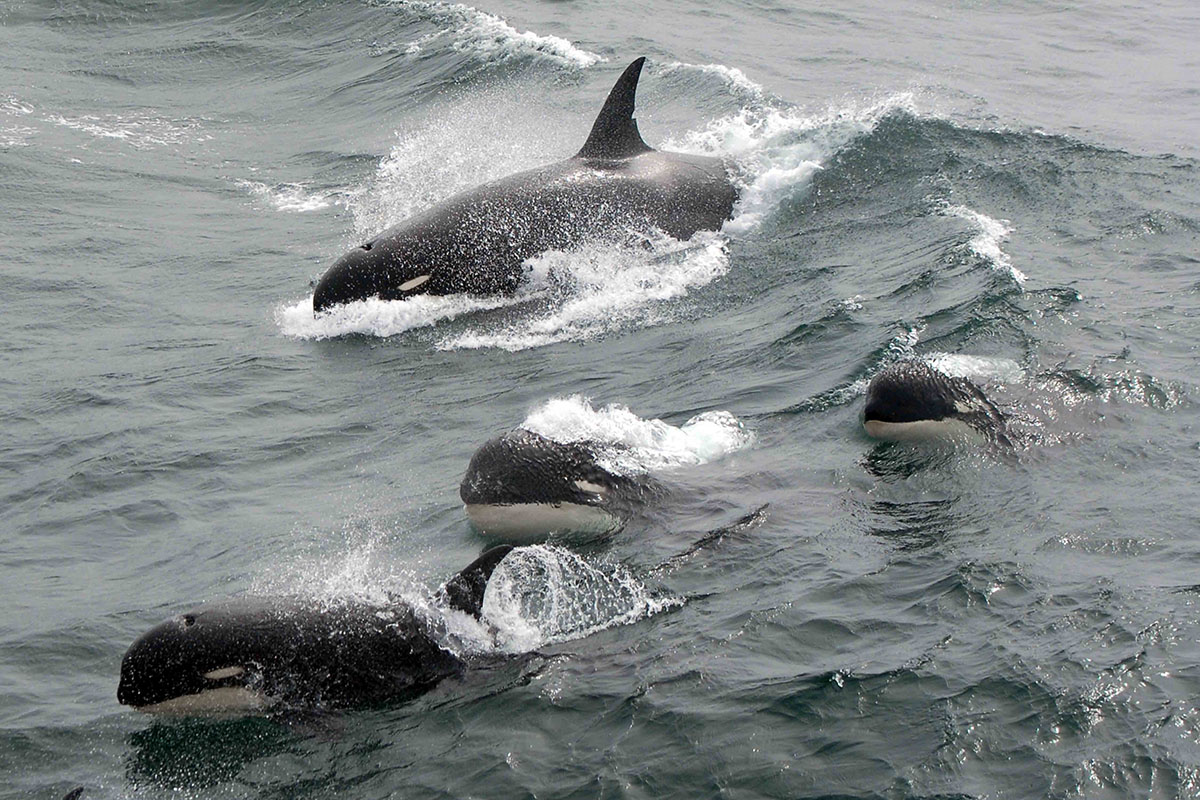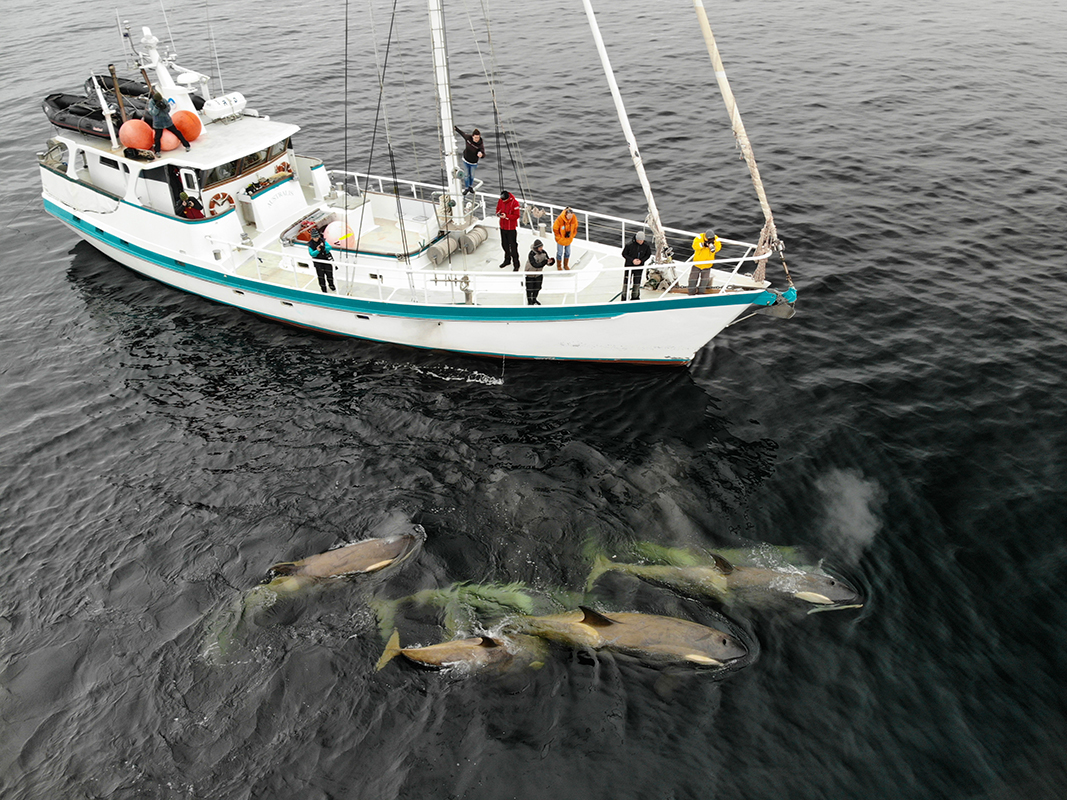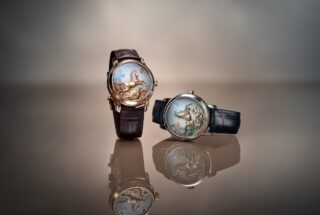This website uses cookies so that we can provide you with the best user experience possible. Cookie information is stored in your browser and performs functions such as recognising you when you return to our website and helping our team to understand which sections of the website you find most interesting and useful.
Discover the luxury travel company that launched an expedition to discover a new species of killer whale
By Rachel Ingram | 8 October 2019 | Culture, Travel
Cookson Adventures client funds ground-breaking killer whale research

The term “conscious travel” is often bandied around the travel industry without much consideration but there’s far more to the concept than eliminating single use plastics and donating profits to charities. What if the travel industry could be the pioneer of research that helps us to better understand nature? What if travellers themselves could impact the planet not just by reducing footprints but by discovering new ones – by discovering new life?
This is what luxury adventure company Cookson Adventures had in mind when it launched a research mission into a rare species of killer whale in the Antarctic. Funded by an anonymous donor and led by killer whale expert Dr Robert Pitman, the expedition took a deep dive into the ocean off the coast of Chile to monitor and research a previously mysterious whale known as the Type D orca.
“There have been a lot of dive studies on killer whales, but it's all been on populations that people can work with in near shore areas where the water is less than 100 meters deep. And here, these killer whales are in areas where the water goes down to 1-2,000 meters,” said Dr Pitman as he highlighted how difficult it would have been to monitor them without a full research ship and submersibles.
“This Type D killer whale is by far the most different looking killer whale out there. It has a very specific habitat requirement – it’s a very different animal,” he said. “During this trip, the most important thing for us to do is to collect tissue samples from this animal to do genetic analyses and comparisons with other killer whales from around the world. We were able to get three biopsy samples from three different individuals during the encounter.”
The expedition, which involved sending an experienced team of scientists into the waters off Cape Horn, took eight days to complete, but it was, in reality, 15 years in the making – despite previously wanting to do the work, Dr Pitman didn’t have the resources to carry out the tests needed.
“It's difficult to get time to do dedicated research, especially on one species, and ships are expensive, especially in Antarctica,” he said. “Most government-sponsored research in Antarctica is fundamental research – they do a lot of oceanography, but they don't go down and look for individual species. But this had appeal for people who wanted to support the research, so it just happened to work out spectacularly in this case.” >>
Related: Henry Cookson, founder of Cookson Adventures, on redefining bespoke travel

So, why is this research so significant?
“In our lab, mostly what we're about is doing conservation and management work on marine mammals and turtles, to make sure that they have adequate food, and they're not being negatively impacted by human fisheries and other impacts we have in the ocean – pollution, noise pollution, plastic and chemicals, for instance. And in order to do that, the very first thing we need to know is, how many species to we have out there, and how are they distributed?” said Dr Pitman.
“Right now, killer whales are officially recognised to be one species. And they're found all around the world – they're the most widely distributed animal in the world. And if they are one species and you lose a population here and there then, well, you got plenty of others. But if it turns out these other populations are different species, then you have a different situation all together.
“So right now, it's important for us to document what it is we have. We live in a world of declining diversity and if we're going be giving up these species, we should at least know what it is that we're giving away.”
The expedition is just one of many in the pipeline being organised by Cookson Adventures for its philanthropic clients who want to give back their time and resources for the greater good – previous excursions have been seen vulnerable juvenile tortoises successfully rehomed in Galápagos Islands and rhinos rehabilitated in Kenya.
“Our guests at Cookson Adventures are passionate about conservation and often eager to meaningfully contribution to the preservation of the places they are privileged to visit,” said founder Henry Cookson. “It is at the core of the Cookson Adventures ethos to support worthwhile causes the world over, and this is an incredible opportunity to be part of truly pioneering research.”








